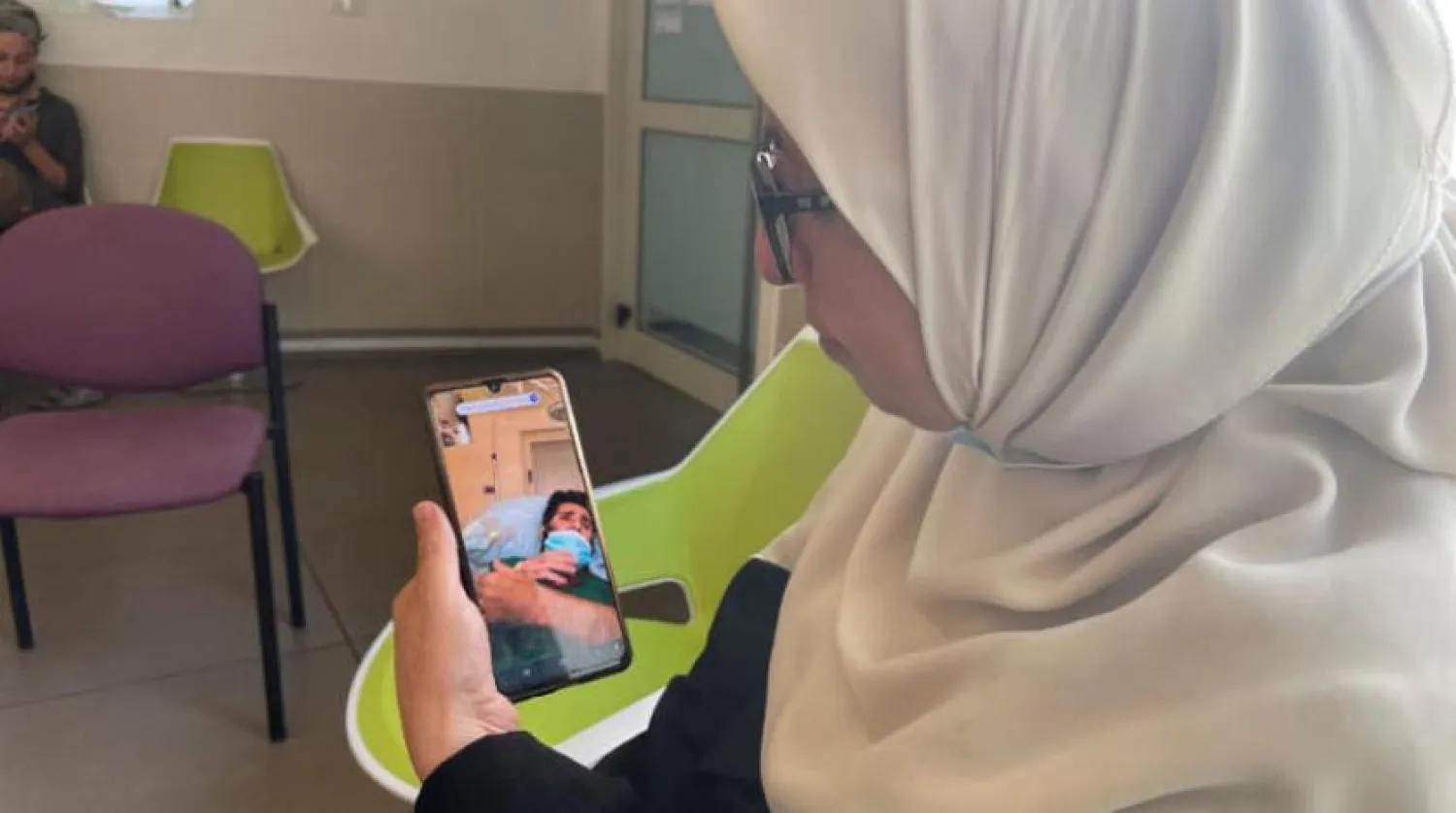Several human rights groups in Israel demanded an end to administrative detentions orders and condemned the hacking of Palestinians with NSO Group’s Pegasus spyware.
The Association for Civil Rights in Israel (ACRI) requested the government’s judicial advisor to instantly halt the use of Pegasus spyware against the Palestinians defending human rights.
A number of other Israeli human rights groups made the same request.
“Israel has created a legal reality for Palestinians, imprisoning hundreds without trial for an indefinite period of time on the grounds that they intend to commit a future offense,” Israeli human rights group B'Tselem said.
The group said that “Israeli judges, who are supposed to review the administrative detention orders, approve the vast majority of them, merely lending the proceedings a veneer of respectability and a semblance of judicial oversight.”
B'Tselem revealed that “the government, senior military commanders, the Israel Security Agency, the Military Advocate General’s Corps, the State Attorney’s Office, the military judges and the Supreme Court justices – are all complicit in maintaining this policy and are the ones responsible for its implementation.”
It demanded the release of all administrative detainees, more than 700 Palestinians. It, particularly, called for the release of the six Palestinians who are currently on hunger strike to protest their administrative detention.
Kayed Fasfous, 32, a father of a seven-year-old from Dura, has been on a hunger strike for 118 days. He is in hospital following a lengthy hunger strike that affected his health.
Miqdad Qawasmeh, 24, from Hebron, has been on a hunger strike for 111 days. He is in hospital after his health deteriorated.
Alaa al-A’araj, 34, a father of a five-year-old from Tulkarm, has been on hunger strike for 93 days. Hisham Abu Hawash, 39, a father of five from Dura, has been on a hunger strike for 84 days. They are both treated alternately in the infirmary at Ramla Prison and in hospital.
Ayad al-Harimi, 28, from Bethlehem, has been on hunger strike for 48 days. He has been transferred from Ofer Prison to the infirmary at Ramla Prison, as the lengthy hunger strike has caused his health to deteriorate.
Luai al-Ashqar, 45, a father of eight from Saida, has been on a hunger strike for 30 days. He is detained in Megiddo Prison.









